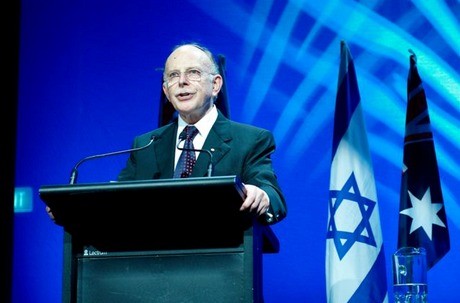Reflections on Some Aspects of Jewish Self-Deception: Part 3. Self-Deception in Jewish Historiography (continued)
Self-Deception in Jewish Historiography (continued).
As Wistrich turns his attention to the early medieval period, further examples of self-deception become evident. Language euphemisms and lies of omission remain prevalent. For example, Wistrich describes as “humiliating” the canonical restriction on Jews entering Churches without asking himself whether any Jew would in fact have wanted to do such a thing.[1] Similarly, Wistrich agonizes over regulations which prevented Christians from living, eating or engaging in sexual relations with Jews even though the very tenets of Judaism were designed to maintain just such a segregation.[2]
Language euphemism is rife in his description of power relations. These restrictions on Christian-Jewish relations, which simply mirrored those in Judaism, amounted to “ideological warfare waged by the Church against the Synagogue.”[3] Independent, wealthy Jewish capitalists and usurers become mere “economic instruments of the royal power.”[4] According to Wistrich, the Talmud, which in addition to its general anti-Gentile tenor informs Jews that Jesus will be punished in hell by being immersed in boiling excrement and instructs Jews to publicly burn any copy of the New Testament that comes into their hands, merely contains a few “anti-Christian statements.”[5]
Another manifestation of Wistrich’s self-deception is his persistent recourse to ‘images’ and ‘stereotypes’ as a way of explaining anti-Jewish attitudes. This is by no means rare among Jewish historians. In my analysis of historiography concerning the riots in nineteenth-century Russia, I noted that “those historians who have accepted that economic issues have played a role in provoking anti-Semitism fail to engage in actual case studies of economically provoked anti-Jewish actions, preferring instead to probe ‘images’ or stereotypes which allegedly infuse the consciousness of non-Jews.” I argue that this focus on ‘images’ allows Jewish scholars to only superficially acknowledge the economic role, while really lending more weight to their argument that European society has suffered some kind of neurosis. Such arguments deftly offer us a scenario in which Jews and economics play a role in the development of an anti-Semitic “image,” without placing the Jew in anything but a passive role. Read more





